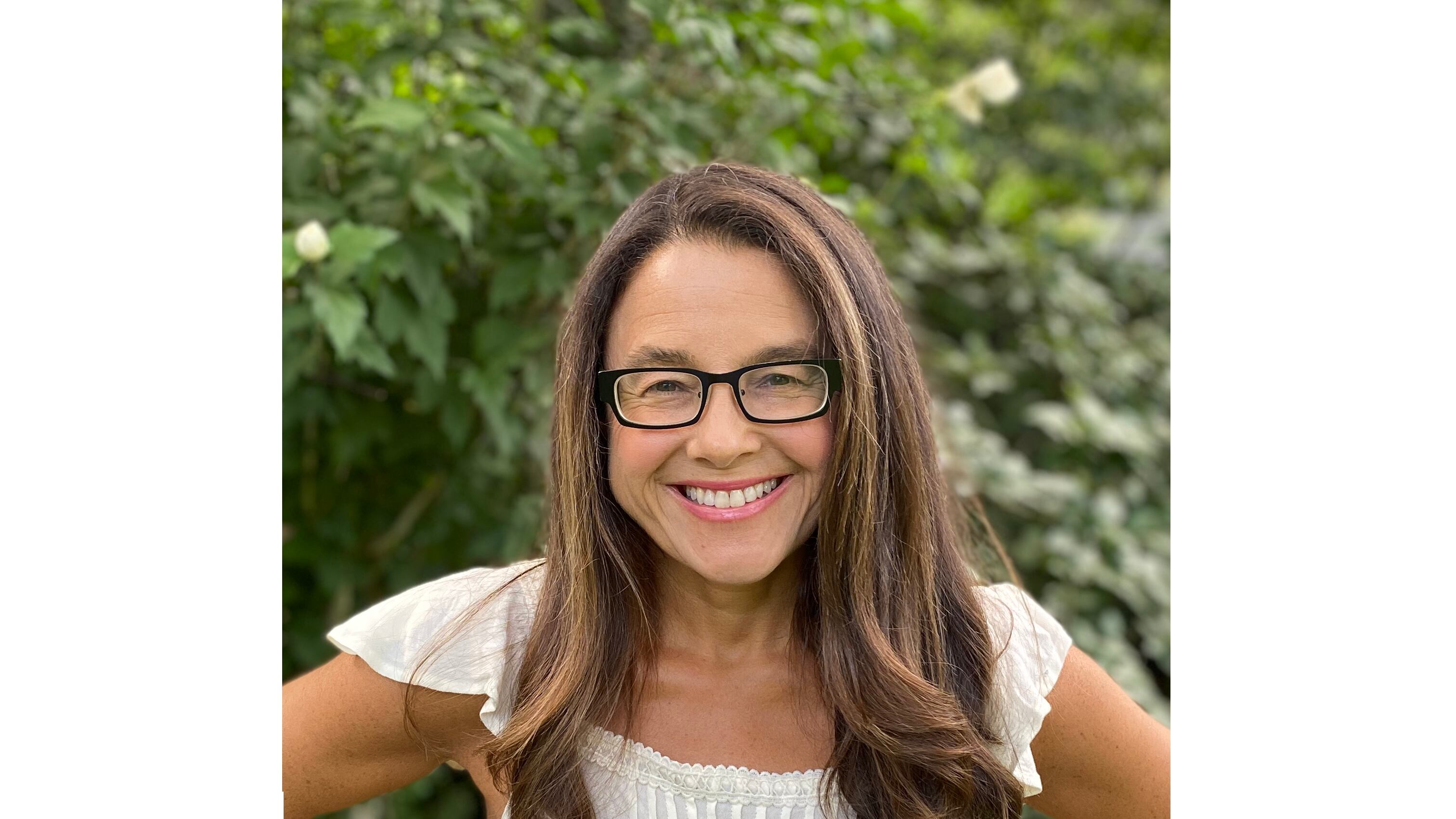Journalist Rachel Zimmerman is used to writing for such news outlets as The Wall Street Journal, The Washington Post and WBUR, Boston’s public radio station. So, if she had to put a hard-news lead on her new book, Us, After: A Memoir of Love and Suicide (Santa Fe Writers Project, 256 pages, $15.95), it would read like this:
“On July 1, 2014, Seth Teller, MIT professor and father of two, parked his crimson Honda Insight on the Tobin Bridge, three miles from his home in Cambridge, Massachusetts, and jumped to his death. He was 50,” she writes in Chapter 1.
“But this is not that story,” Zimmerman continues. “This is the story of what happened after.”
So begins Us, After, a propulsive memoir by the onetime WW staff writer that reads more like being strapped on top of a speeding train and then getting released two days later, or whatever your quick clip is for reading a full-length book. As explained in Us, After, contributing factors to Seth’s death included depression, a high-pressure job, tinnitus, lack of sleep, and his 50th birthday, but the cause also remains unknowable, despite Zimmerman’s research into suicidality and interviews with her late husband’s doctors.
Us, After is full of can’t-stand-to-read-it, can’t-look-away scenes, including the unimaginable one of Zimmerman picking up her 8- and 11-year-old daughters from summer camp and having to tell them that “a terrible, terrible thing happened.” But also: Zimmerman falling in love again; the family’s Cambridge community rallying around them; the girls thriving.
WW spoke to Zimmerman days after her youngest daughter graduated from high school and weeks before Us, After published on June 30—10 years minus one day after Seth’s death. We covered self-care, the awkwardness of recording one’s own audiobook, and what she hopes readers take away from her memoir.
WW: You’re so used to writing other people’s stories. When did you realize there was a book there in your own life?
Rachel Zlmmerman: Days after he died, I started, sort of, imagining. This sucks that this is my story, but this is a story. That sort of Nora Ephron, ‘everything is copy’ way of going through life had really sort of taken hold in me. I never envisioned how the book would evolve or if it would be a book, but I started thinking about it and writing memories. I took a yearlong memoir writing class, and that’s when I could look in the mirror and see a book. But that was eight years later.
This is difficult material. How did you take care of yourself while you were writing and now that you’re on a book tour?
It took me 10 years to finish this project, so I kind of took my time. I fell in love—and in 2019 married—a great guy, Moungi Bawendi, who also happens to be an MIT professor. He is grounded and caring and brilliant and a great partner and pretty good for my self-care. But also, I do a lot of physical activity to metabolize loss and grief and anxiety. I run, I do a lot of yoga, I recently joined a dance company, which is, like, so great to get out of my brain.
How did you decide to record the audiobook?
I started thinking about it, and I was like, you know, maybe I should do it. It’s my story. Who’s going to understand it better than me? So I called up [audiobook publisher] Recorded Books and they said, ‘You have to audition.’ So, I basically had to read five pages and send a voice memo to Recorded Books. I was recording and thinking, they’re never going to hire me. Rocks in the throat, stumbling, breathing in the wrong places. And a couple days later they were like, you’re hired! So, I did it. It’s my voice for posterity.
What do you hope readers take away from the book?
First of all, not everyone has an experience with suicide, but pretty much every adult has an experience of profound loss, and so I hope that people can relate and the story resonates. Loss is a human experience and, you know, how we all manage it is individual. I was lucky to have this incredible community, and that softened the blow to some extent. So, I guess I just hope that people feel less alone and they also feel like even the most devastating loss and trauma with time and community and patience and love that you can get through it. Even though you feel like you’ll never be happy again, the likelihood is that you will.
GO: Rachel Zimmerman appears at Broadway Books, 1714 NE Broadway, 503-284-1726, broadwaybooks.net. Tuesday, Oct. 15. Free.

